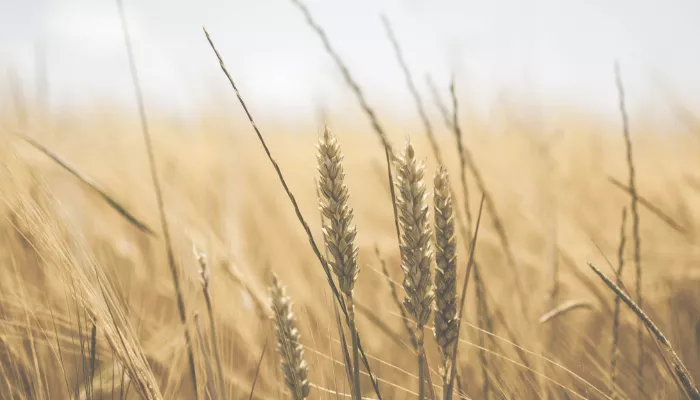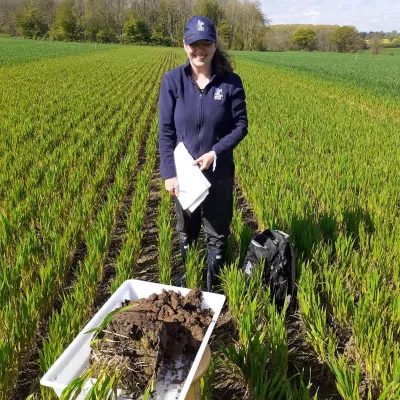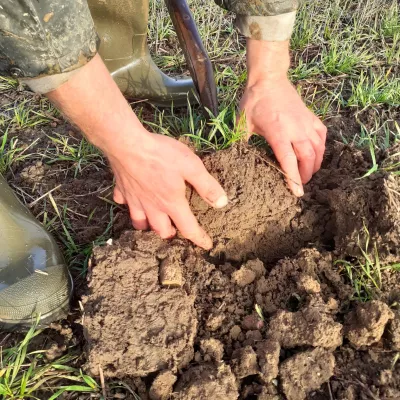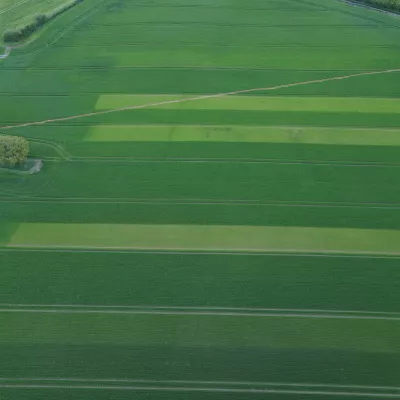Kent Wildlife Trust have teamed up with Bockhanger Farms Ltd, Court Farm and Reading University to develop a field trial on homebrew liquid compost and its impact on winter wheat yields. This is about discovering what can be done on farm in a closed loop system to reduce synthetic nitrate use while maintaining yields. We plan not only to drive forward this innovative data driven trial to better understand the impact of microbial activity in developing healthy soils and healthy crops, but also to help farms share their experience through networking events, so they can come together to discuss the highs and lows of transitioning to more resilient farming approaches.
Over the course of two years, three trial sites will be set up, two at Bockhanger Farms Ltd and one at Court Farm near Rochester. Soil Scientist Tom Sizmur from Reading University is leading on the trial methodology and design, while Ellen Wilson from Kent Wildlife Trust leads on the trial delivery and monitoring.
Since starting, the project has also partnered with Court Farm, who will also take part in the trial, and FWAG South East, who are supporting in the delivery of farming events.
Reducing artificial inputs across farming is essential for a future healthy food system and thriving wildlife across farms in Kent and the UK, we’re delighted to be working with innovative farmers like Andy Howard and Andrew Lingham to trial new techniques to achieve this aim.Rory Harding, Nature Recovery Manager at Kent Wildlife Trust
FAQs
The site consists of a field of winter wheat, with three blocks of eight plots, totalling 24 plots which are marked out across the field. Each plot will receive a different treatment: with or without liquid compost and with or without synthetic nitrate applied at different rates. Each plot is then monitored across the growing season. Results from all three trial sites across the two years will be collated and analysed.
We want to understand the impact of the liquid compost on the soil microbiome, and any subsequent impact on the crop. We will be monitoring: germination rate; worm abundance; crop disease; growth rate; soil microbial activity; yield.
Most farms growing a commodity crop such as winter wheat rely on some synthetic nitrate input, but there is downside. Synthetic nitrogen is energy intensive to produce and transport, and once on the field it can easily wash off into local waterways contributing to pollution. It is also increasingly expensive for farmers to buy in. Finding ways to reduce the amount of Nitrate needed for a quality crop is a win-win for the farmer, local waterways and the carbon emissions reduction.
Liquid compost, also sometimes referred to as compost tea, is simply a solid compost having been mixed with water and the solid bits removed, leaving a liquid that is rich in living microbes. It needs to be a liquid so it can be injected next to the seed at the point of drilling.
Regenerative farming is a set of principles that farmers across the world are beginning to use, putting healthy soil front and centre to guide their food production models. Regenerative farming, although a loose term, tends to follow five key principles:
- Minimize soil disturbance – using new machinery such as direct drills rather than deep ploughing
- Keep the soil covered – use cover crops and diverse rotations to make sure land is not left bare between crops
- Maintain living roots in the soil all year-round
- Increase plant and crop diversity
- Integrate livestock into farming systems.
Kent Wildlife Trust is supporting the transition to resilient regenerative farming where, healthy soils, and healthy ecosystems are supported through day to day farm management.
Follow Kent Wildlife Trust online for updates about the project. We’ll be publishing ongoing blogs on specific aspects and featuring the work in the Kent Wildlife Trust members' magazine, Wilder Kent. If you are a farmer, look out for farming networking events and walks where the trial and other resilient farming approaches will be discussed.




